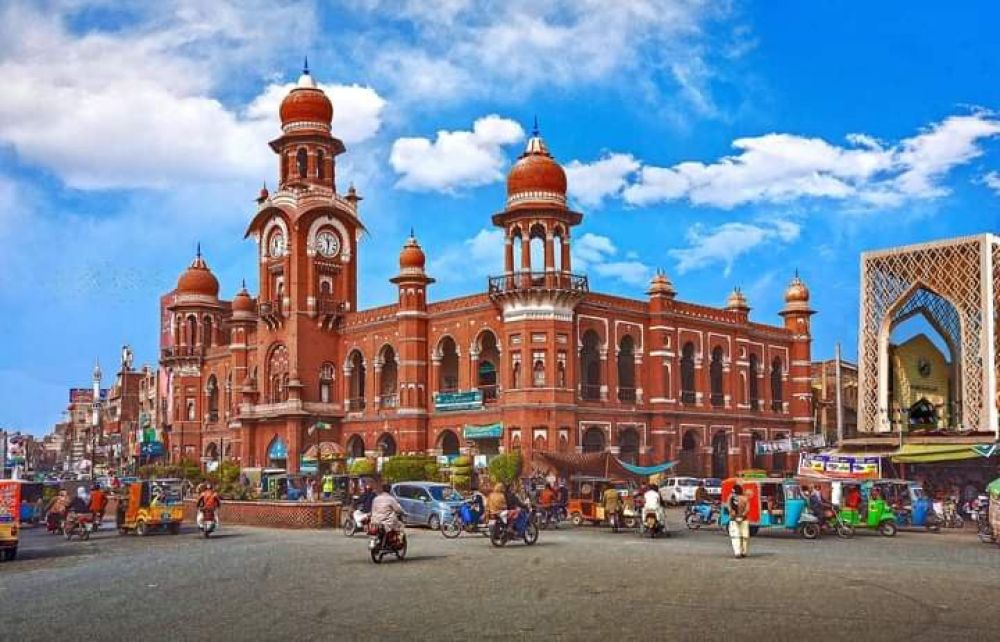

Multan, often referred to as the 'City of Saints', is a city in the Punjab province of Pakistan that is rich in history and culture. As a destination, Multan has been attracting travelers and pilgrims for centuries due to its numerous Sufi shrines and historical sites. Among these, the Ghanta Ghar or Clock Tower stands as a significant landmark with a storied past.
Construction of the Ghanta Ghar Multan was completed in 1884 during the British colonial era. It was built to commemorate the arrival of Lieutenant Governor of Punjab, Sir Robert Egerton. The Ghanta Ghar not only functioned as a town hall and official municipal offices but also as a vibrant civic center around which the life of the city revolved.
The tourism history of Ghanta Ghar is intertwined with that of Multan itself. Throughout the years, the clock tower has witnessed the evolution of the city and has been a constant through the changes. Despite the lack of dedicated efforts to promote tourism in the early days, travelers to Multan were often drawn to the Ghanta Ghar due to its imposing architecture and the bustling marketplace surrounding it.
The area around Ghanta Ghar is known for its traditional bazaars with a multitude of shops selling handicrafts, pottery, textiles, and the famous Multani halwa, a sweet delicacy. These markets have traditionally been a draw for curious tourists looking to engage with the local culture.
In recent years, there has been a concerted effort to revitalize Multan's historical sites to attract more visitors. The Ghanta Ghar has benefited from these initiatives, with the local government working to preserve and enhance its historical significance.
Tourists today are increasingly interested in cultural and experiential travel. In response to this trend, tour operators are offering packages that include visits to Ghanta Ghar, accompanied by guided heritage walks around the city. The city's tourism sector is also riding the wave of digitalization, with more information and booking options available online than ever before.
Further trends include an increase in domestic tourism, as residents of Pakistan explore their country more extensively. Social media promotion and improved security in the region have also contributed to a boost in Multan's tourism profile. As a result, sites like Ghanta Ghar are experiencing a renaissance of interest both locally and from international travelers.
The Ghanta Ghar of Multan encapsulates the historic charm of this ancient city. Despite the passage of time, it continues to be a focal point for residents and travelers alike, symbolizing the resilience and enduring culture of Multan. As tourism trends evolve, Ghanta Ghar stands poised to welcome new generations of visitors eager to discover the tales it has to tell.